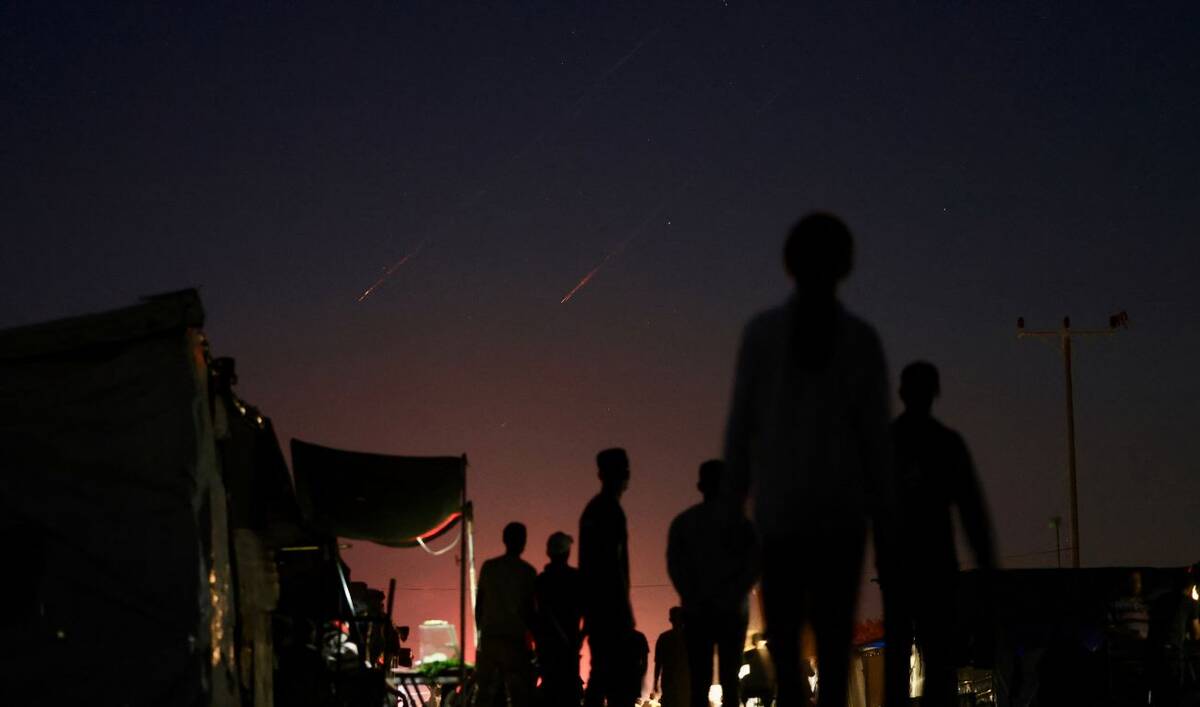KARACHI: An intense heatwave has gripped PakistanÔÇÖs southern Sindh province, particularly its commercial capital of Karachi, as the mercury rose above 40 degrees Celsius on Tuesday, with the Pakistan Meteorological Department (PMD) warning that the weather conditions will prevail in the region for another two days.
The warning comes amid increasingly unpredictable climate patterns across South Asia, with Karachi experiencing more frequent and intense heatwaves in recent years ÔÇö a trend that climate experts attribute to broader shifts caused by global warming.
The situation underscores rising concerns over the cityÔÇÖs preparedness for extreme weather events, amid growing calls for stronger climate adaptation policies, increased urban tree cover and more effective public awareness campaigns.
ÔÇ£Prevailing heatwave condition is likely to continue in Karachi division with daytime maximum temperatures are likely 4-6┬░C above normal till tomorrow,ÔÇØ the PMD said in a statement.
ÔÇ£Hot/very hot and dry weather prevails over most parts of the province.ÔÇØ
It advised people, especially women, children and the elderly, to stay indoors, avoid direct sunlight and stay well-hydrated. The maximum temperature predicted for Tuesday was 41┬░C, followed by 40┬░C on Wednesday and 39┬░C on Thursday.
Zaheer Abbas, a laborer in Karachi, said the scorching heat had severely affected daily life. 
ÔÇ£A poor person who pushes a cart canÔÇÖt even work in this weather,ÔÇØ he told AFP.
Experts say rising temperatures are part of a broader trend linked to climate change, straining KarachiÔÇÖs infrastructure and putting vulnerable populations at risk.
Iqra Ali, a Karachi student, said she was trying not to leave home unnecessarily.
ÔÇ£ItÔÇÖs hot,ÔÇØ she said. ÔÇ£For this, the more a person stays hydrated, it will be better.ÔÇØ
Pakistan has witnessed frequent, erratic changes in its weather patterns, including floods, droughts, cyclones, torrential rainstorms, heatwaves and the slow-onset threat of glacial melting, in recent years that scientists have blamed on human-driven climate change.
In 2022, unusually heavy rains triggered floods in many parts of the country, killing over 1,700 people, inflicting economic losses of around $30 billion and affecting at least 30 million people.
ÔÇö With additional input from AFP
Heatwave grips southern Pakistan, disrupting public life
https://arab.news/rqabk
Heatwave grips southern Pakistan, disrupting public life

- Experts say rising temperatures are part of broader trend linked to climate change
- Met Office urges residents to undertake precautionary measures from Apr. 22-24
















